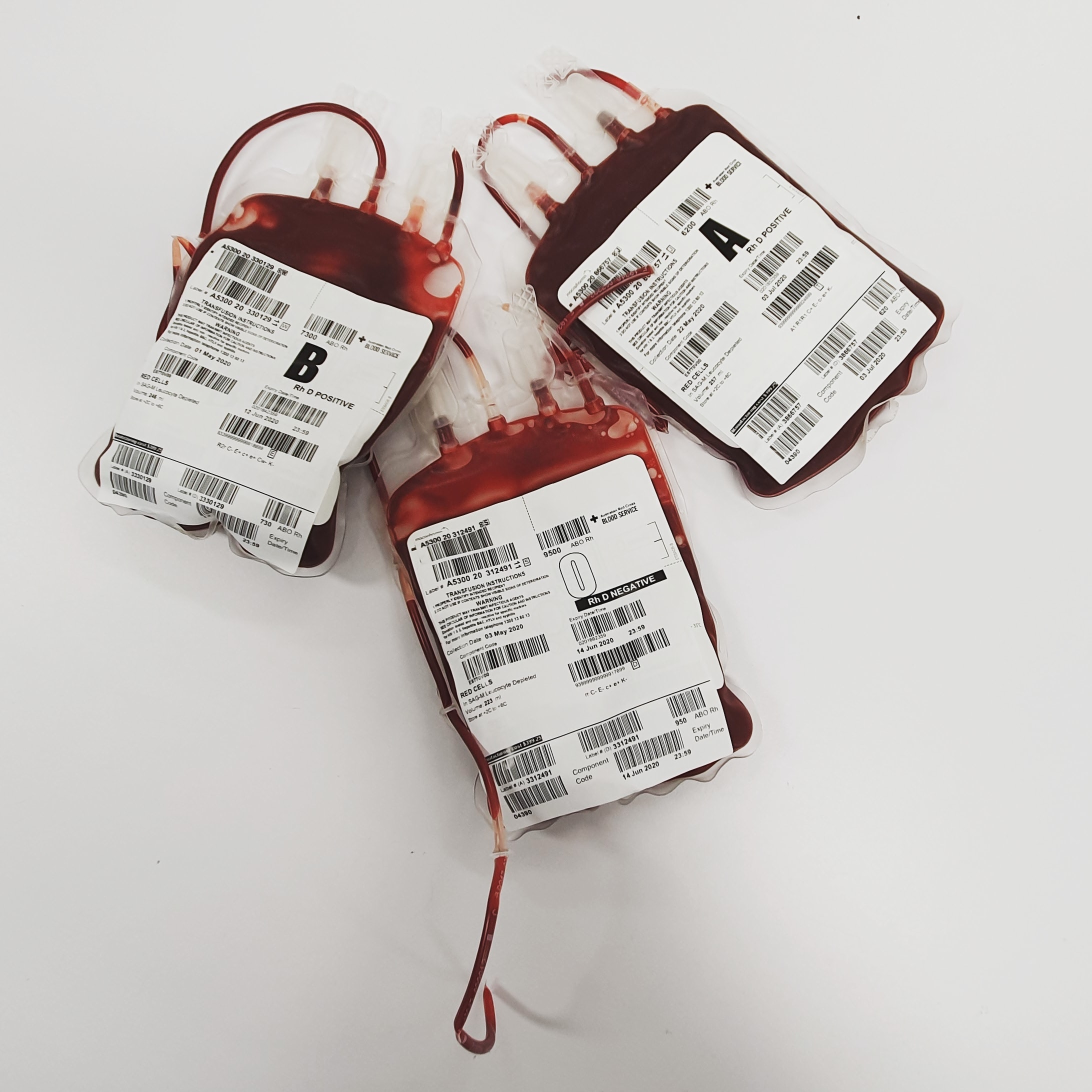January is National Blood Donor Month and companies like the American Red Cross are encouraging many to donate since the need for blood is greater than ever. In the past few years, COVID-19 has changed life as we know it. Many businesses have had to take a different approach in how they do things, including The American Red Cross.
The American Red Cross is responsible for 40% of blood supplied to hospitals in America. In recent months they have seen a huge drop in donations, leaving them in what is considered ”crisis levels”.
Marita Salkowski, Central and Southern Regional Communications director for the American Red Cross said, “This last summer people were out and about living their lives after everything opened back up due to Covid; blood donations for summer are typically low anyway.”
Salkowski stresses why blood donations are so important right now.
“Due to the Delta variant hitting everyone pretty hard in the fall, it interfered with our normal blood donations that tend to go up in fall when people are back in school and on more of a routine,” Salkowski said. “It happened like a snowball effect and left us with the lowest supply in 10 years and is leading to a national blood shortage crisis.”
To try and persuade people into donating, the American Red Cross is offering incentives for people who are able to donate. During the month of January, once someone passes a health screening and is cleared to donate, they are automatically enrolled for a chance to win two tickets to the Super Bowl LVI in Los Angeles and will be entered to win a home theater package and a $500 e-gift card. Terms apply; visit RedCrossBlood.org/SuperBowl for more information.
One person’s donation can save up to three people’s lives and that’s just for a one-time donation. It is not necessary to know your blood type prior to donating, but after the medical screening you will be told. Those with type O blood are heavily encouraged to donate, as type O is known as the “universal donor” and can be used for anyone, but Salkowski stresses that regardless of your blood type, donations of any type are much appreciated and needed during this hard time.
If interested in donating, due to staffing issues there has been a decrease in blood drives, so it is encouraged to go online to redcrossblood.org and look up your zip code to find blood drives closest to you.
Marquie Peyton
Intern


